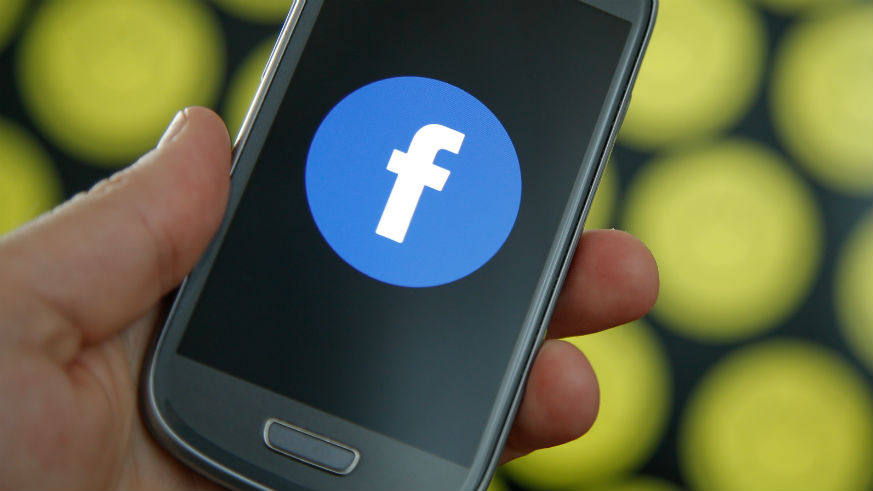A new study from The University of Queensland, published late last month in The Journal of Social Psychology, reported that quitting Facebook can reduce stress. And from the recent data breach scandal (which has Mark Zuckerbug booked for an April 11 testimony before the House Energy and Commerce Committee) to Russian trolls, you might have already been considering calling it quits. But before you do, here’s what you need to know.
The study observed what happened when a group of participants — 138 active users — gave up Facebook for five days. The rest were instructed to use the site as they normally did.
Saliva samples were provided before and after the study, and results showed that quitting Facebook lowered levels of the stress hormone cortisol. But here’s the catch: participants who gave up Facebook said they felt lower levels of “well-being.”
“People said they felt more unsatisfied with their life, and were looking forward to resuming their Facebook activity,” lead researcher Dr. Eric Vanman said in a news release. They felt, as he called it, a sense of “social disconnection.”
Also, just because the participants’ stress hormone decreased, it didn’t mean that they felt less stressed during their five-day Facebook cleanse.
“Abstaining from Facebook was shown to reduce a person’s level of the stress hormone cortisol, but people’s own ratings of their stress did not change — perhaps because they weren’t aware their stress had gone down,” Vanman said.

More on quitting Facebook
A similar study from the Happiness Research Institute in Copenhagen reported that 88 percent of participants felt happier and “more enthusiastic” after quitting Facebook for a week. Of those who continued to use the social media site, 55 percent felt more stressed due to what researchers hypothesized as “Facebook envy”: essentially getting jealous of the “great news” people post.
On that same note, in 2016, Lancaster University researchers reviewed studies from 14 different countries and concluded that comparing yourself to Facebook friends — as opposed to comparing yourself to people offline — was more likely to make you feel depressed.
Though there’s been a push in recent times for more online transparency, there’s still no guarantee that anything on social media is real. So, our love-hate relationship with social media is complex but simple nonetheless: It connects us while still causing isolation. It promises an outlet for open expression but can obscure us from the truth.
The bottom line? Stay aware of how your usage affects you and take breaks when needed. As Vanman pointed out, it’s a cycle: “It seems that people take a break because they’re too stressed, but return to Facebook whenever they feel unhappy because they have been cut off from their friends. It then becomes stressful again after a while, so they take another break. And so on.”
Like any relationship, just take it day by day.


















